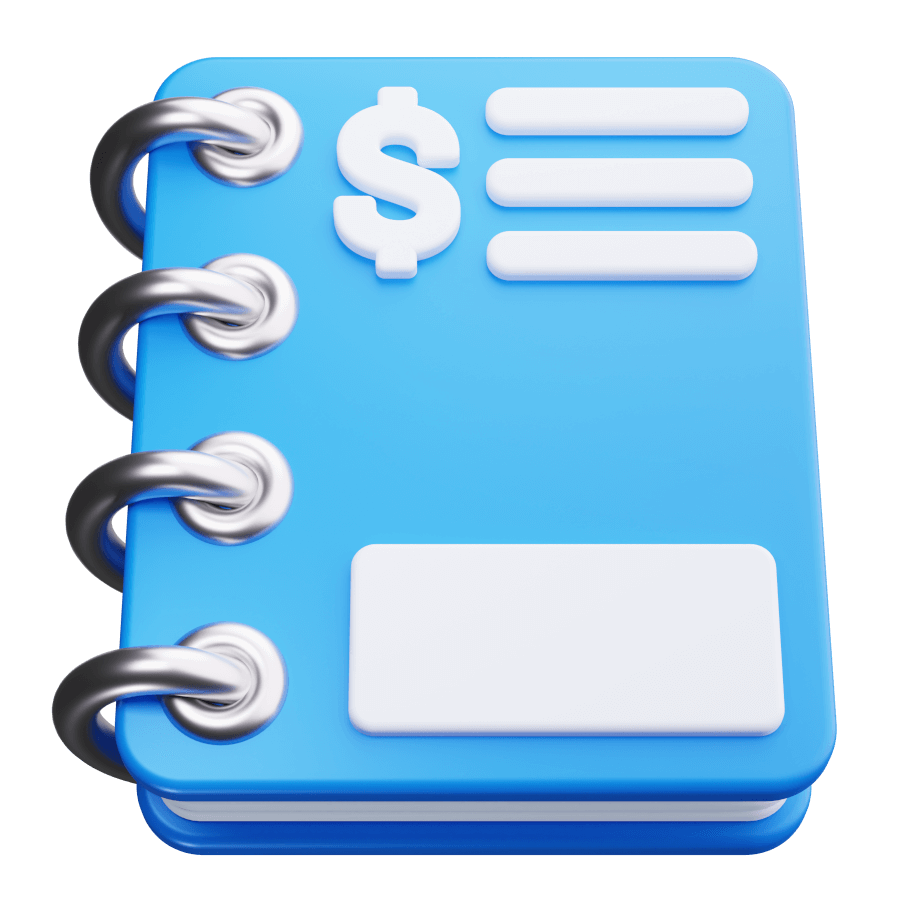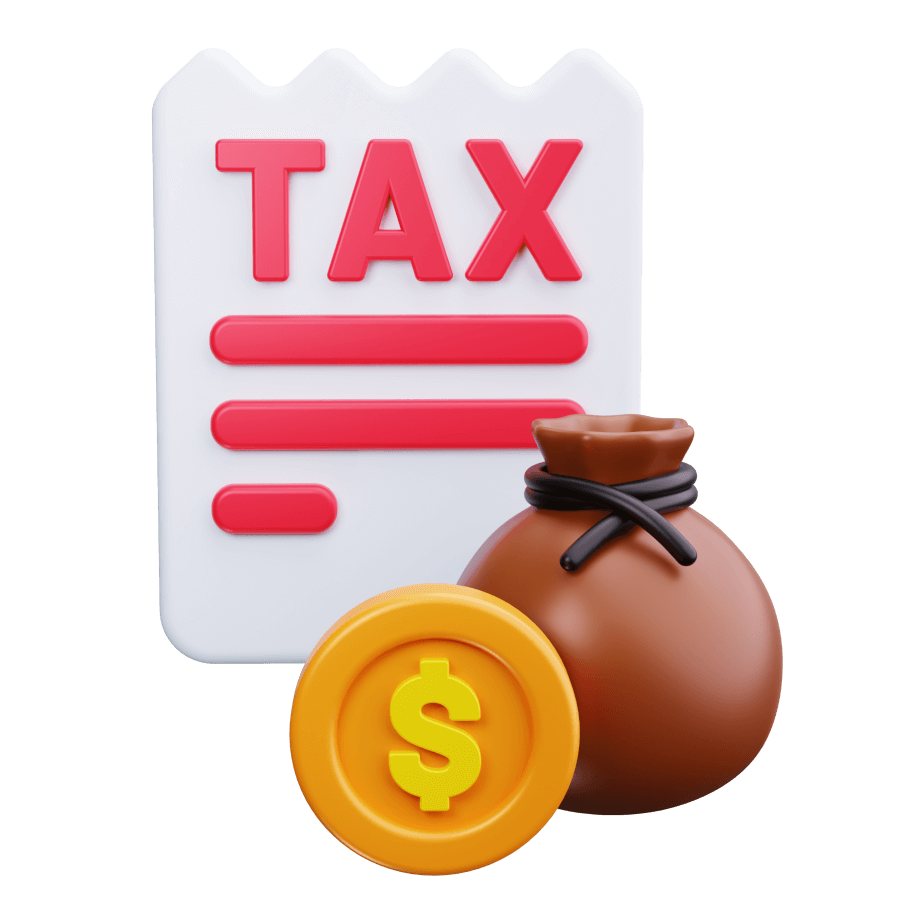Freedom From Your Accounting with One Trusted Team
Today CFO provides growing companies with tax management & savings, accounting, payroll and cash flow support for scaling your business.

$350M+
Taxes Saved for Our Clients
450+
Businesses We've Helped Scale
18
Years in Business
26+
Awesome Team Members
A better way to manage & grow your business
As your business grows, our solutions grow with you, adapting seamlessly to each new challenge. Through full-suite integration, we provide clean financials, expert forecasting and advisory, and give you valuable time back—all with the support of a dedicated human to talk to. At every step, we empower your long-term vision, proactively anticipating and addressing obstacles to keep you on the path to success.
Industries We Love Helping

Construction & Trades
The main challenge that many construction companies face is job costing. There is a lot to be tracked in job costing... payroll, material costs, permits, etc...

Retail & E-commerce
Are you able to connect the dots between inventory, sales, purchasing, and so on between SKUs? If not, you’re missing some extremely valuable data.

Professional Services
You must accurately calculate and forecast churn rates to develop effective retention strategies. Identifying the reasons behind churn and mitigating it are crucial.

Life Sciences
Free up time to focus on what truly matters – serving clients and driving creativity – while we ensure your financial foundation stays strong.
How We Support Your Growing Needs
As your business grows, so do the demands on your financial operations. Today CFO meets you at every stage with a suite of services that adapts to your needs, ensuring you're equipped to tackle each phase of growth confidently.

Bookkeeping
Your books are the foundation of your financial value stream. Make certain they're clean, clear, and complete every single month.
Get Your Books in Order

Virtual Tax Manager
Go beyond just filing taxes and start reducing your tax payments today using strategies proven by the most successful wealthy business owners.
Get Your Taxes Done Right

CFO
If you're not sure where to start, we can help with a comprehensive 40-point review. You'll get a full report of what your problems are and how to fix them.
Get Expert Guidance

Cash Flow Planning
Stay on top of your cash flow with weekly reports, bill and expense management and let us be the buffer between you and your vendors.
Start Maximizing Cash Flow
Why we're different
There's a reason Today CFO is the fastest growing small business accounting firm in the US
The most tech-forward
We have an unbeatable combo: a team of finance experts paired with a top-notch in-house automations team.
The result? Deep integrations with the tools you already use, and a seamless platform for staying on top of everything.
The most experienced
We're trusted by hundreds of companies because we've helped countless startups achieve success.
We understand the unique challenges that came with growing a business and have the expertise and experience you need to scale.
The most scalable
We're the last accounting firm you'll ever need to hire.
We support brand new startups and large companies, so no matter how your needs evolve, we've got you covered.
Why Our Customers Love Working With Us
"Bring them into your business"

Today CFO has done more for my business than any previous CPA firm. If you are not sure about hiring a firm that can do the services they offer then you need to do an opportunity costs assessment and you will realize that it is best to bring an asset, like them, into your business.
- Mark Dament
Owner, S&S Doors
"I love how accessible they are"

Today CFO and their team are the best! I love how accessible they are if I have questions or need direction for major business decisions. They have streamlined my books, made us fully compliant and make tax time so easy. Highly recommend!
- Bob Hibbard
CEO, Precision Contractors
"Never been more stress free"

I used Today CFO to apply for the PPP loan during the pandemic and I couldn’t be happier with the service they provided. First of all, I got money, which most didn’t, and they made sure I asked for an amount that would be forgivable. Now they handle all of my accounting and I’ve never been more stress free!
- Randy Redmon
Owner, Redmon Heating & Air Services
FAQ
What services does Today CFO offer?
Today CFO provides a complete outsourced financial department for your growing business, including bookkeeping, FP&A, (Financial Planning & Analysis), Virtual CFO, proactive tax planning, and HR services. We help businesses manage their financial operations and make informed decisions to drive growth.
Does Today CFO help businesses like mine?
Our services are best suited for service based business startups, small to medium-sized businesses, and scaling companies who need to professionally structure their financial operations, streamline processes, procedures and safety, and gain strategic insights to make better financial decisions.
What makes Today CFO different from other financial service providers?
We specialize in helping business owners transition away from awkward financial interaction with their vendors and customers by installing a professional accounting department in their business to shoulder the daily tasks. This frees up the business owner to interact with his clients and vendors on a more appropriate level without giving up safety and control.
Do I have to train the Today CFO staff?
No, and that's the best part. During the onboarding period, we will learn how your business runs and what your goals are. From there, we take our experience with hundreds of businesses of all sizes and install the best practices you need when you need it. Including software, processes, safety practices and all the other things you didn't know to ask for.
What is the Today CFO Strategy Suite?
The Today CFO Strategy Suite is our full outsourced accounting department solution. We bring integrated solutions such as timely month end reporting, cash flow insights, strategy planning, and tax optimization to help your business scale efficiently and confidently.
Can Today CFO handle my company's tax planning and filing?
Yes, GrowthLab offers proactive tax planning, inspired by your financial performance and your goals to help minimize liabilities and ensure compliance. We also handle tax preparation and filing on the sate and federal levels. All while helping your business avoid surprises without deadline panic.
How do I know if my business needs FP&A services?
If your business struggles with budgeting, forecasting, or understanding its financial performance, FP&A services can help. Today CFO's FP&A team provides the insights and tools you need to make data-driven decisions and achieve your financial goals.
How can I get started with Today CFO?
Every engagement starts with a Financial Risk Assessment™. This is a process we created in 2015 that allows us to fully assess your current business along with your future vision. We review and measure over 120 different financial and operational aspects of your business to create a customized plan that helps you achieve those goals stress-free.
Industries
Startups
Construction & Trades
Retail & E-commerce
Professional Services
Life Sciences
Resources
Resources Library
Blog
Events
Today CFO Demo
Glossary
Chart of Accounts
Ask an Expert
Back Office Guide
Financial Risk Assessment
Tax Compliance Checklist
Reasonable Compensation Report
Company
About Us
Why Today CFO
FAQ
Careers

